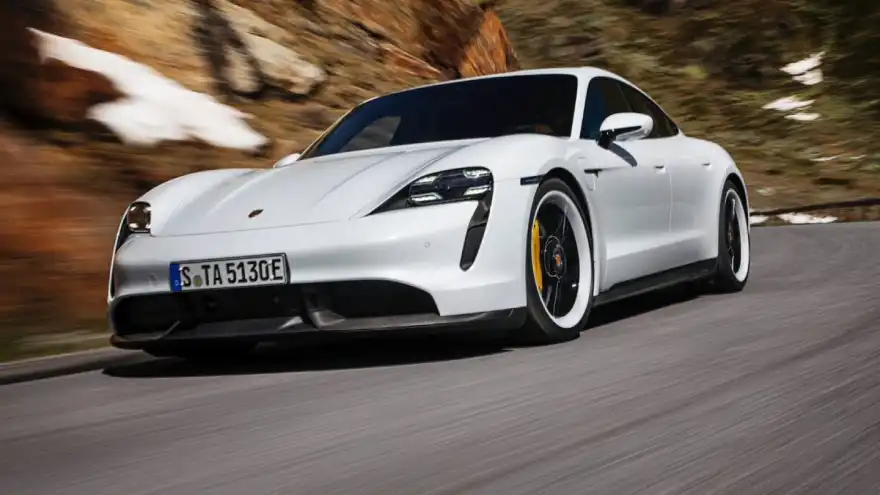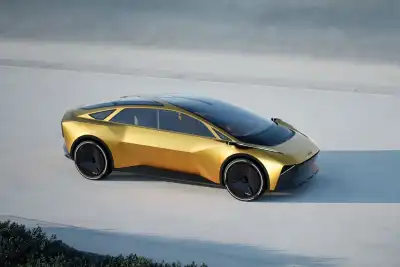
Sales of electric cars are booming worldwide, car charging stations are appearing in towns and cities everywhere and the UK government has outlined plans to end the sale of new petrol and diesel cars by 2030.
With climate change becoming an even greater threat and the price of gas hitting all-time highs, this eco-friendly solution couldn’t have come at a better time.
The majority of cars on UK roads are still powered by fossil fuels but the interest in electric vehicles is increasing. Rising fuel costs have made people question whether they should be making the switch to EVs sooner, rather than later.
Yet for many, the initial cost, not to mention ‘range anxiety’, makes switching to an EV daunting.
So, what exactly are electric vehicles? What are the advantages of making the switch? Should you invest right now?
What exactly is an electric vehicle?
In its most basic form, an electric vehicle (EV) is a vehicle that uses a battery instead of a petrol tank along with an electric motor. Some are hybrids to offer the best of both worlds, combining both petrol and electricity.
According to the RAC, “There are around 456,000 zero-emission Battery Electric Vehicles on the UK's roads - with, in the region of 77,000 registered in 2022 alone - along with over 348,000 plug-in hybrids.”
There are actually three types of electric vehicles.
Battery-electric vehicle (BEV)
As the name suggests, BEVs use only electricity, produce zero emissions and can be charged at an electric car charge point. Vehicles of this type include the Nissan Leaf, Vauxhall Corsa-e and the Tesla Model 3.
Plug-in hybrid electric vehicle (PHEV)
PHEVs use a battery, electric motor and an internal combustion engine. They can be driven using one, the other or both. The battery life on these vehicles is usually shorter (around 50 miles) but thanks to the hybrid model, this doesn’t need to be a deal-breaker. The VW E-Golf and BMW 330e are both examples of these types of electric cars.
Extended range electric vehicle (E-REV)
The E-REV is another plug-in hybrid e-vehicle. It uses a battery, electric drive motor and petrol diesel generator. The electric motor drives the wheels whilst the combustion engine acts as a generator when the battery runs out. This gives it a range of 150-300 miles.
It’s also worth knowing that most electric cars are automatic so they don’t use gears. You simply need to put the car in drive mode and it will accelerate just like a regular automatic car.
So, why buy an electric car?
Electric vehicles are becoming so popular for a wide variety of reasons. They’re more eco-friendly, have lower running costs and can even save you money on road tax.
Eco-friendly
Electric vehicles (that aren’t hybrids) can significantly reduce your carbon footprint and slash the emissions you’re pumping into the environment. It’s estimated that one electric car can save an average of 1.5 million grams of CO2 in a year.
But that’s not all. Electric batteries are also highly efficient, using less energy overall and reducing waste. Finally, they’re very quiet when running which means you won’t create as much noise pollution or disturb your local environment when driving.
Lower running costs
Yes, electric cars can cost slightly more to purchase (unless you buy one second-hand) but this is usually offset by the savings you’ll make in fuel. Pure electric vehicles cost around £8-12 to run 200 miles whereas this would be around £26-32 for a diesel car. Because there are fewer components, your electric car is likely to cost much less in maintenance.
Zero road tax
More good news. Pure electric cars don’t have to pay road tax in the UK. Hybrid electric cars still do because they still use some fuels and produce emissions but this is at a lower rate than in a petrol or diesel car.
Extra benefits
To encourage more people to switch to electric vehicles, many local councils are offering free parking for EVs. You’ll also face lower charges from Clean Air Zones because again you are producing fewer or zero emissions.
What the future holds for electric cars
Given the environmental benefits, cost savings and UK government goals, we will likely see electric vehicles dominate the roads over the coming decades. Never before have we seen such a transformation.
Last year alone, electric cars accounted for 18.8% of new vehicle registrations and 9.3% were hybrids. When the government regulations come into place in 2030, it’s predicted that there could be up to 40 million electric cars in Europe.
Car manufacturers continue to expand their offerings too, meaning that we’ll see even more innovation hitting the roads over the coming years.
If you want to be ahead of the crowd and take advantage of the benefits of electric cars, consider making the switch today.


